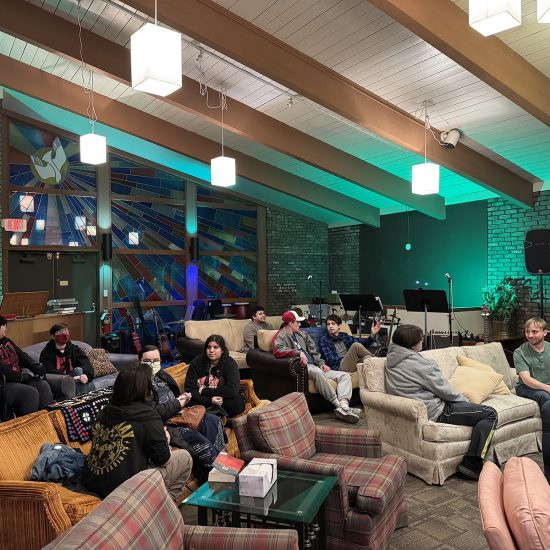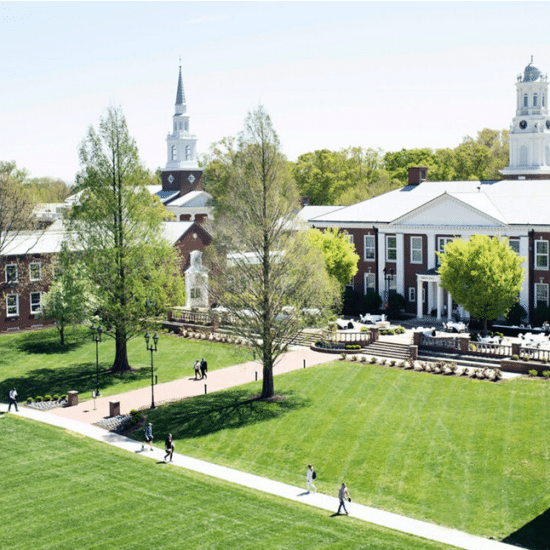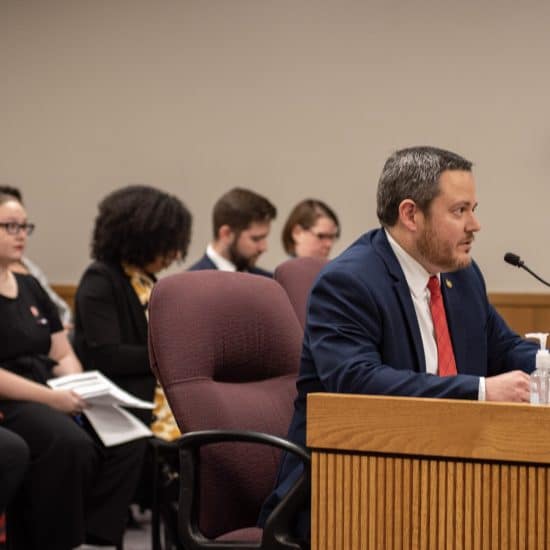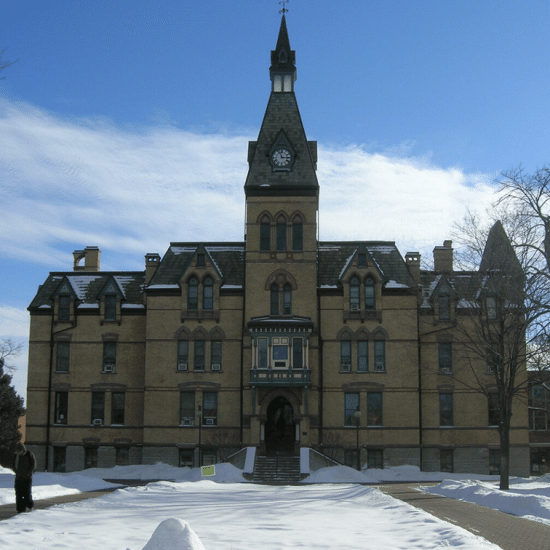
You might have heard by now that Bari Weiss and numerous other public figures associated with the Intellectual Dark Web (online commentators who oppose “political correctness” in higher education and the news media) are founding a university. This new University of Austin claims that there has been a rise in “illiberalism” on college campuses and that they will act as a necessary counter to this trend through “the fearless pursuit of truth.”
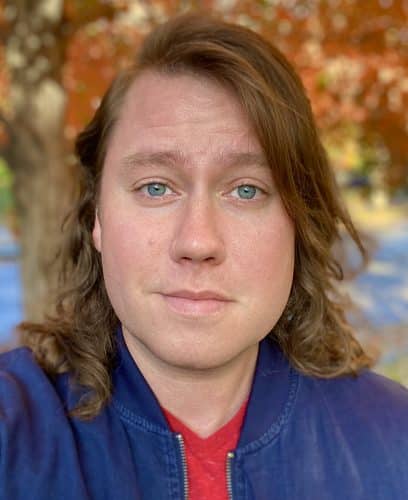
Jeremy Fuzy
This represents pretty standard panic over “cancel culture” that distracts from actual threats to liberal democracy and truth, such as legislative attempts to ban Critical Race Theory. But something in particular about the launch of the University of Austin caught my attention: The Forbidden Courses.
Now, the Intellectual Dark Web and its sympathizers have always been anchored by the notion that censorship from the left has stifled free speech generally and specifically harmed the intellectual debating of “provocative” questions in the university setting. This Forbidden Courses program perfectly reflects that stance – but with a little something new. The picture that accompanies the course description is an overt nod to artistic interpretations of forbidden fruit in the biblical Garden of Eden.

What exactly is the point of this allusion? Much like the label Intellectual Dark Web, “forbidden knowledge” is meant to convey a feeling of maverick-like defiance and insider/outsider status. According to Genesis, God told Adam and Eve they could eat from any tree in the Garden except from the tree of the knowledge of good and evil. So, the obvious parallel here is that those seeking “forbidden knowledge” do not like being told what they can and cannot “eat.”
But this represents a flawed way of thinking about the issue. Nobody is telling the University of Austin supporters what they can and cannot discuss publicly. Their pushback is actually against the notion that words and actions have consequences and that context matters. This is similar to the popular notion that comedy is not funny when it punches down. Recognizing that there are massive social power imbalances in society should not be controversial.
Maybe the “forbidden” label masks that this issue is not about enforcement of a rule-based ethics but rather is best understood through virtue-based ethics. We have always continued to modify our community standards for what is acceptable in the American public sphere. This has increasingly meant that these standards are forged by marginalized populations that were previously left out of the conversation. So, it is not that anyone is “forbidden” from punching down — it is more that a good member of the community would not want to in the first place. Especially not someone who adheres to the keystone of Christianity and loves their neighbor as they do themself.
But what exactly are these provocative questions? An example will help clear this up. Sam Harris, a New Atheist podcaster and member of this Intellectual Dark Web, had Charles Murray on his podcast in 2017. Murray, famous for coauthoring The Bell Curve, is one of the most well-known proponents of “race science” which links race to genetic differences resulting in lower IQ scores among Black individuals. Harris titled this podcast interview episode “Forbidden Knowledge” and linked criticisms of Murray to “a modern witch-burning.”
The key thing to realize is that discussing race and IQ is not forbidden. It is the flirtation with validating a historically racist ideology and decontextualizing it from its ugly history and lasting effects that is the problem. And the seeming inability of Harris to realize that platforming racist thinking cannot be masked by a rhetoric of “reason.” It is dangerous to real people, not just an intellectual exercise. This is something that peer review would ideally help correct, but many of the Intellectual Dark Web commentators have previously chosen to operate outside the academic world. It is unclear to me how the University of Austin will change this “free thinking” landscape.

Much like “cancel culture” itself, it is difficult to pin down many instances where truth has actually been obscured by censorship in American universities. Refusing to have a campus speaker who makes life more difficult for marginalized student populations does not violate freedom of speech in any meaningful understanding of the concept. Most college campuses include diversity in the core of their mission statement. This clash might further stem from the notion that much of normative academic scholarship is meant to critique the status quo while the Intellectual Dark Web is intent on preserving it. This is why many of these thinkers do not fit neatly onto a left-right binary.
Universities certainly have a number of problems ranging from how white they remain to how unjust their labor practices have become. But censorship is nowhere near the top of this list, and attempts to fight racism are obviously not worse than racism itself. It appears to be a manufactured problem meant to give those with social power something to rebel against. And since nothing is actually forbidden, it becomes a cheap substitute for the actual pursuit of knowledge.
So, maybe this forbidden fruit metaphor that the University of Austin used simply has the wrong focus. Though generally interpreted as evil, or even Satan himself, the serpent is never actually described as such in Genesis. He is merely “skeptical” or “crafty” and insistent on questioning the way God is running things. Ironically, the Intellectual Dark Web might not be the hand reaching for the forbidden fruit but the serpent who is “just asking questions” without regard to how it impacts others. Let’s not follow them down that disingenuous path.
Jeremy Fuzy is the voices editor at Word&Way and a Ph.D. candidate at the Missouri School of Journalism.

